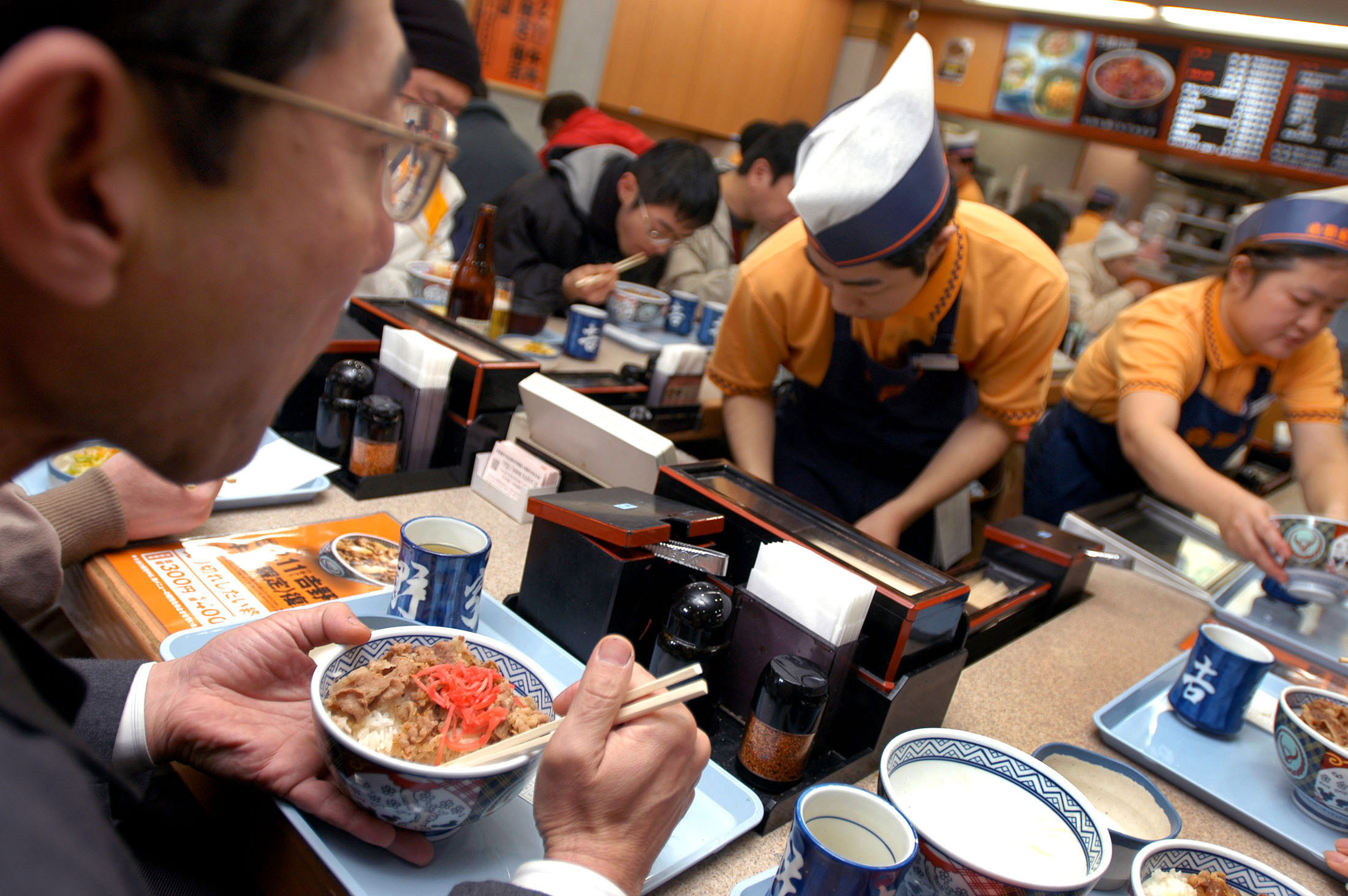According to statistician Ernst Engel (1821-96), the proportion of a person's income that is spent on food tends to decline as that person's income itself rises, even if the amount of money being spent on food increases. Engel's law is usually used to illustrate the relative living standard of a country. If the portion that the average household spends on food is high, then it means the standard of living is relatively poor, since there is less discretionary income as a result. In other words, the more money you spend on food, the harder it is to get by.
According to Engel's law, Japan's standard of living has fallen since 2012, just before the Liberal Democratic Party regained the reins of government. A Ministry of Internal Affairs survey found that the average household in which at least two people live spent 23.5 percent of its income on food. In 2015, this portion had risen to 25 percent. During that time the consumption tax was raised 3 percentage points and the value of the yen dropped against other currencies, thus making imported foods more expensive.
At the same time, salaries did not keep up with the rise in food costs. Between 2012 and 2015, according to the ministry, average wages for "regular employees" rose by 1.7 percent, while the consumer price index (which does not track "fresh food") rose by 3.9 percent. As a result, "real wages," which factors in changes in CPI and inflation, actually decreased by 4.6 percent over this three-year period.


















With your current subscription plan you can comment on stories. However, before writing your first comment, please create a display name in the Profile section of your subscriber account page.